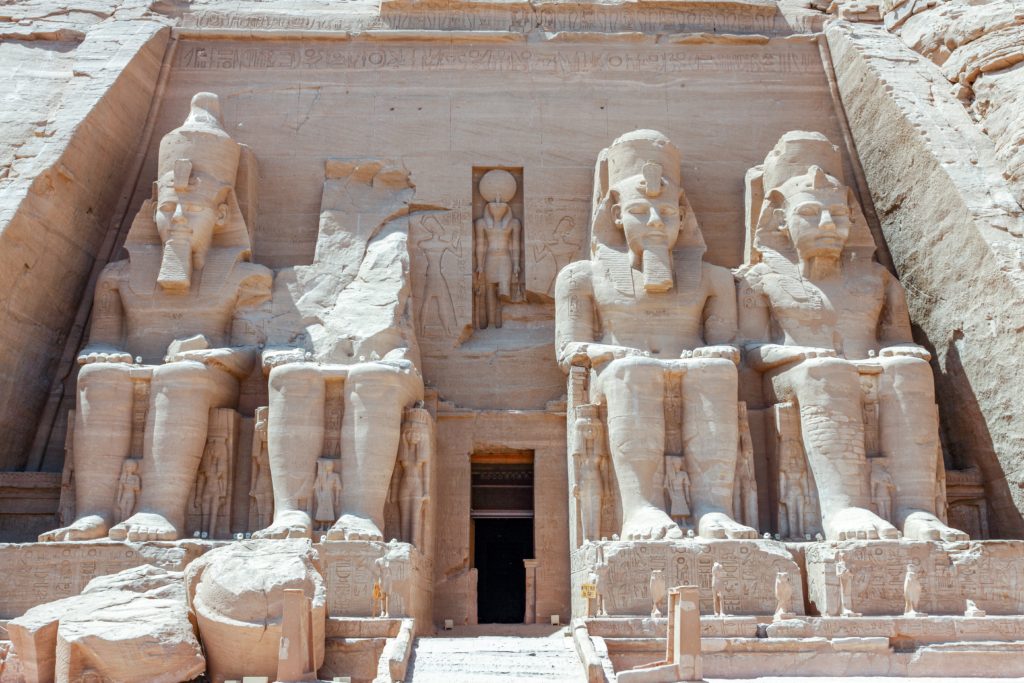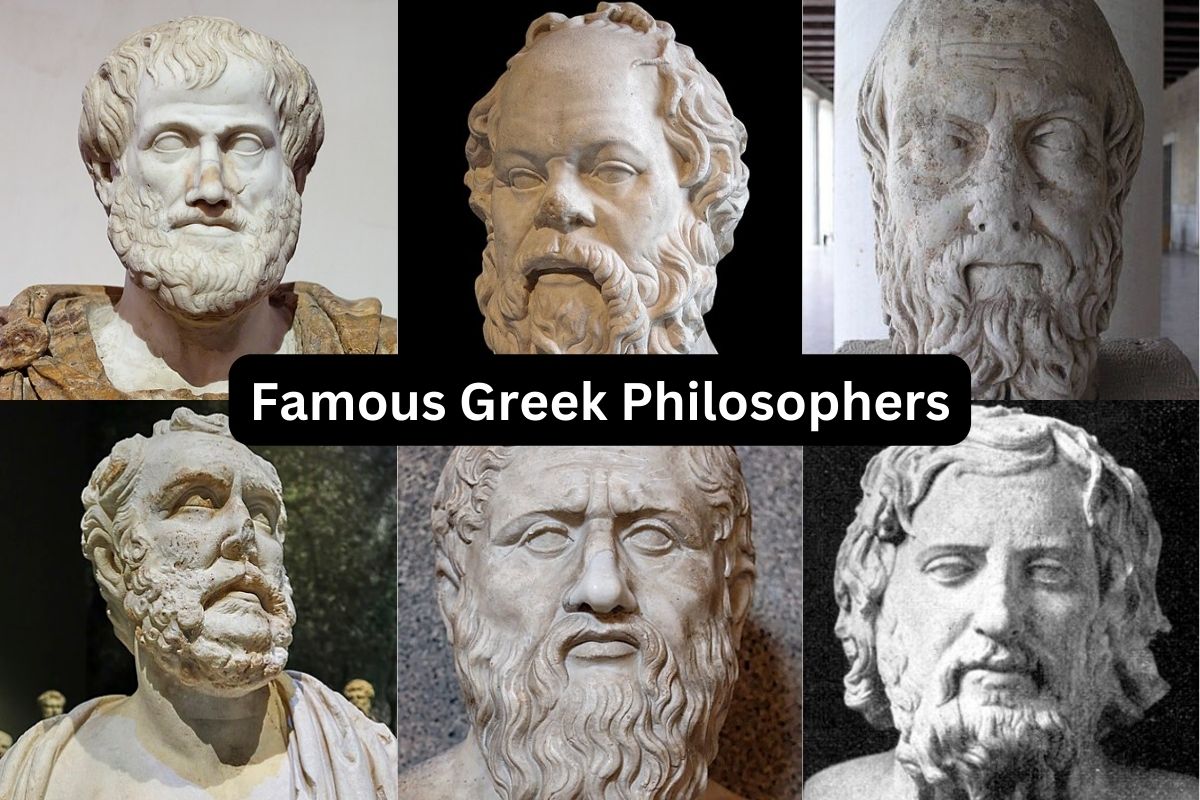Intelligence Is Ancient, but the Greeks Are Not
– DR. Delbert Blair
Beyond The Acropolis – Wisdom of the Ancients
The concept of intelligence has fascinated humanity for millennia. Yet, when we discuss the history of thought, ancient Greece often takes center stage. But were the Greeks pioneers of intelligence, or did profound intelligence exist in other ancient societies? It’s time to reexamine history and unveil a more nuanced understanding of the rich intellectual heritage that predates Socrates and Plato.

When we think philosophy, and you probably imagine Socrates debating in the sun, a toga-clad Plato scribbling. But before the Greeks got all philosophical, the world was buzzing with brilliant minds. From bustling Mesopotamian cities to the banks of the Nile, let’s explore the OG thinkers who shaped how we understand the world.
Beyond The Acropolis – Wisdom of the Ancients
To assume the Greeks cornered the market on critical thinking is to ignore the vibrant civilizations that flourished long before. Take ancient Egypt, where complex astronomy, mathematics, and the construction of monumental architecture reveal a society driven by reason and calculation. Ancient Babylonia’s vast record-keeping, legal codes, and early forms of algebra demonstrate the power of systematized thought. And in the Indus Valley, evidence of meticulous urban planning and innovative sanitation systems point toward a civilization focused on order and problem-solving.
Egypt – OG Land of Architects, Astronomers, and Extra-ordinary Women

“Take advice from the ignorant as well as from the wise, since there is no single person who embodies perfection nor any craftsman who has reached the limits of excellence.”
― Ptahhotep
Forget Cleopatra. Meet Hatshepsut, a pharaoh who wasn’t just about killer eyeliner but was a political mastermind. Egypt’s monumental architecture screams genius – think pyramids aligned with the stars, temples dripping with hieroglyphs that were basically the world’s first complex writing system. This wasn’t just building stuff, it was math, astronomy, and a deep understanding of the universe.
“Egypt was like ancient Africa’s Silicon Valley,” quips Dr. Adunni Oshun, a historian specializing in ancient African knowledge systems.
Mesopotamia – Where Writing Was Invented and Hammurabi Dropped the OG Law Code
The party really started in Mesopotamia, the land between the Tigris and Euphrates (that’s modern-day Iraq). We’re talking the world’s first cities! They invented writing – cuneiform, those cool wedge-shaped marks on clay tablets – which wasn’t just for grocery lists. Think epics of gods and heroes way older than Homer. Plus there was Hammurabi, the OG law daddy with his “eye for an eye” code carved in stone. Rule of law? They figured it out first.
Different Measures of Mind

When we say “intelligence,” we often default to the Western concept of abstract reasoning and philosophical inquiry. But intelligence manifests in numerous ways. The intricate weaving patterns of Andean textiles or the oral traditions of West African griots preserving history through storytelling display an intellectual depth distinct from but no less valuable than Greek logic. Indigenous knowledge systems focused on understanding the natural world and living in harmony with it exemplify a profound ecological intelligence.
Intelligence is not what you know, but the skills you have to adapt to ever-changing environments,” says anthropologist”
Dr. Louise Muller.
The Greeks’ Unique Gift
: Africa Beyond the Pyramids – Wisdom as Deep as the Sahara
Africa’s genius runs deeper than the Nile. Ancient Nubia (modern Sudan) rivals Egypt, with pyramids of their own and powerful queens. West Africa saw ironworking way before most of the world figured it out – power and tech combined. And let’s talk about Timbuktu, the OG Oxford, where scholars studied astronomy, medicine, and Islamic law centuries before Europe’s Renaissance. The manuscripts found there? Priceless!
Visual: Image of West African griots, storytellers vital to preserving history and knowledge.
Eastern Wisdom – Philosophers Before Confucius
Meanwhile, in China, thinkers like Confucius and Lao Tzu were laying down ideas about social order and harmony, but they weren’t the first. The Zhou Dynasty, centuries earlier, was figuring out the ‘Mandate of Heaven’ – their way of explaining why rulers ruled (spoiler alert: it involved being good to the people). India’s ancient Vedas, some of the world’s oldest texts, explored mind-blowing concepts about the universe and consciousness.
Pop culture touch: “It’s like the world was dropping mixtapes of knowledge way before Spotify,” says Kenyan rapper and philosophy buff, MC Chep.
The Greeks’ Unique Gift
This isn’t to diminish the vital role ancient Greece played in intellectual history. Greek thinkers like Aristotle and Pythagoras did systematize inquiry in a way that deeply influenced Western thought. Their focus on debate, questioning norms, and the pursuit of knowledge for its own sake was revolutionary. Perhaps the Greek’s most significant contribution was the elevation of abstract reasoning and the idea of the “philosopher,” an individual dedicated to the life of the mind.
A Global Legacy

•Aristotle •Socrates •Hecataeus of Abdera •Polemon of Athens •Plato •Xenophon
The brilliance of any ancient civilization doesn’t exist in a vacuum. Knowledge is a shared human endeavor, with ideas flowing across trade routes and influencing cultures both nearby and far-flung. The Greek intellectual explosion was likely fueled, in part, by influences from the East and rich North African traditions. Acknowledging this interconnectedness paints a more accurate picture of humanity’s intellectual journey.
Why Does This Matter?
It’s not about dissing Plato (dude was smart). But history gets told with one lens, and it’s time for some new frames. Understanding how diverse civilizations grappled with big questions proves one thing: brilliance ain’t owned by any single place or time. Africa, Asia, the Middle East – they all had geniuses shaping how the world works. Recognizing those roots fosters a mad sense of pride, especially for all the diaspora kids who get served a steady diet of Eurocentric history.
Intelligence, in its myriad forms, is a defining human characteristic, present since our earliest civilizations. Ancient Egypt, Mesopotamia, China, and countless cultures all possessed minds capable of remarkable innovation. While the Greeks gave us a unique framework for understanding the ‘thinking mind’, they were part of a grander human tradition. Appreciating the diverse expressions of intelligence throughout history enriches our understanding of both the past and ourselves.










